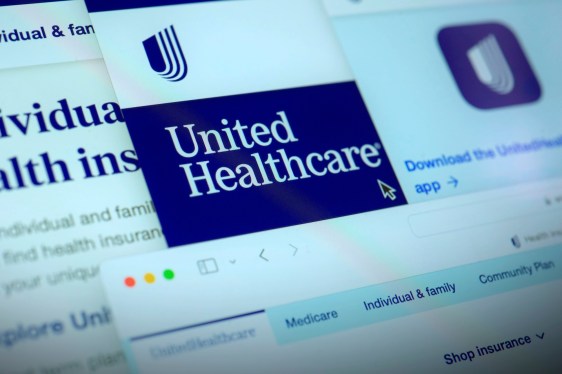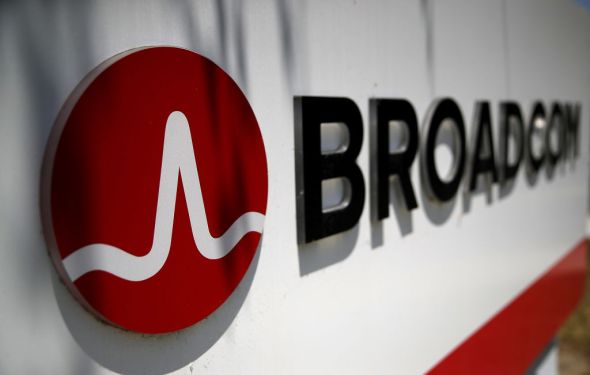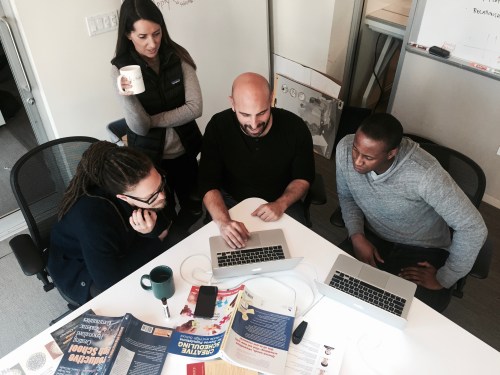
In a shocking revelation, the United States Department of Health and Human Services has confirmed that the recent ransomware attack on Change Healthcare has compromised the sensitive information of millions of Americans. The attack, which occurred in February 2024, has left many questioning the adequacy of cybersecurity measures in place to protect sensitive patient data.
The Scope of the Breach
According to reports, the attackers gained access to a substantial portion of the country’s health insurance claims data, putting an estimated 103 million individuals at risk. This includes not only patients but also healthcare providers and insurers who may have been affected by the breach. The sheer scale of the attack has raised concerns about the long-term consequences for those involved.
Why Change Healthcare Was a Target
Change Healthcare’s massive collection and storage of highly sensitive data made it an attractive target for cyber attackers. With over 53 million U.S. customers and another 5 million outside of the country, the company’s vast database presented an irresistible opportunity for hackers to exploit vulnerabilities in the system.
The Merging of Optum and Change Healthcare
In 2022, UnitedHealth Group (UHG) acquired Optum, a healthcare provider with access to patient records handled by Change. This merger brought together two giant healthcare entities under UHG’s umbrella, further expanding their reach and control over sensitive data.
Justice Department Investigation
The Justice Department has reportedly begun investigating UHG for potential anticompetitive practices in the months leading up to the Change Healthcare hack. This investigation may shed light on whether the company’s acquisition of Optum was motivated by a desire to dominate the healthcare market, rather than solely for business purposes.
Cybersecurity Lapses at UHG
The ransomware attack has also highlighted significant cybersecurity lapses within UHG. Despite warnings from lawmakers and experts, the organization failed to implement basic security measures, such as multi-factor authentication (MFA), on certain systems. This lack of foresight has raised questions about the company’s commitment to protecting sensitive data.
A Timeline of Events
Here is a brief timeline of key events surrounding the ransomware attack:
- February 2024: Ransomware attackers breach Change Healthcare’s network, compromising sensitive patient data.
- March 2024: UHG confirms that the attack affected a substantial portion of its customer base.
- April 2024: The Justice Department begins investigating UHG for potential anticompetitive practices in the lead-up to the hack.
A New Era of Accountability
As the investigation into the Change Healthcare breach continues, one thing is clear: the era of lax cybersecurity and data protection has come to an end. Companies handling sensitive patient information must prioritize robust security measures and transparency in the face of potential threats.
The consequences for those affected by this attack will be far-reaching and long-lasting. It remains to be seen how UHG and other healthcare organizations will respond to this wake-up call, but one thing is certain: the stakes have never been higher for data protection in the healthcare industry.
Key Takeaways
- The ransomware attack on Change Healthcare has compromised sensitive patient data for an estimated 103 million individuals.
- UnitedHealth Group’s acquisition of Optum and its subsequent handling of patient records raised concerns about anticompetitive practices.
- Lax cybersecurity measures, including the lack of MFA, contributed to the success of the attackers.
- The Justice Department has launched an investigation into UHG’s business practices in the lead-up to the hack.
What’s Next?
As the industry grapples with the aftermath of this devastating breach, it’s essential that healthcare organizations prioritize data protection and transparency. With the stakes higher than ever before, the question remains: will companies be held accountable for their role in protecting sensitive patient information?
In the coming weeks and months, expect to see increased scrutiny on UHG and other healthcare organizations as they work to prevent similar attacks from occurring in the future. The fate of millions hangs in the balance – one thing is certain: change must happen now.
Related Stories














